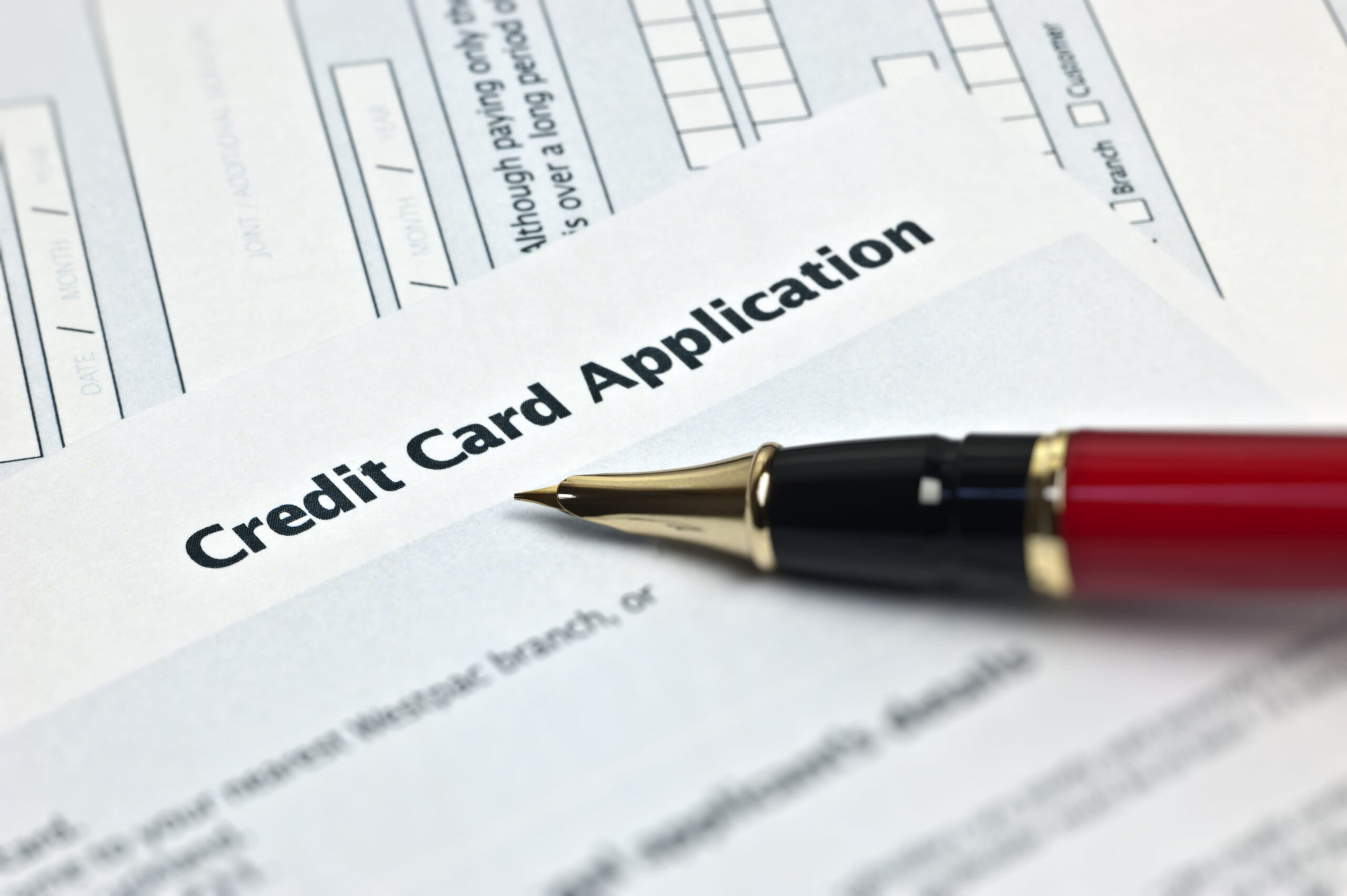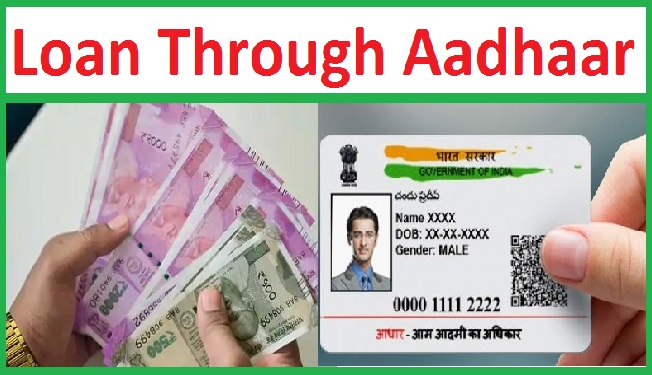Credit Cards have become an important part of our daily lives. They provide us with the convenience of making cashless transactions anytime and anywhere. Its use is not just limited to shopping. The use of Credit Cards extends to paying utility bills, travelling expenses, and providing financial assistance during urgency.
Its application process is quite straightforward. However, your card application can be denied for many reasons. This may include poor credit history, incomplete information, insufficient income, etc. In this post, we’ll outline a few measures you may take to get back on track after having your Credit Card application declined. But let’s first examine why Credit Card forms are rejected before moving on to the measures.
Reasons for Rejection of Credit Card Application
A Credit Card application could be rejected for a number of reasons, including:
- Poor Credit Score: If you have a low credit score, Credit Card issuers may deny your application. A low credit score indicates that you have a history of missed or late payments, high credit utilisation, or a recent bankruptcy. Credit Card issuers use credit scores to assess the risk of lending money. A score between 300 and 550 can be a red flag.
- High Debt-to-Income Ratio: A high debt-to-income ratio means your monthly debt payments are a significant portion of your monthly income. This can indicate that you may have difficulty making payments on a new Credit Card, increasing the risk of default.
- Insufficient Income: Credit Card issuers may deny an application if your income is too low to support the credit limit they request. They want to ensure you can pay off the monthly balance on time.
- Incomplete or Inaccurate Information: If the Credit Card form is incomplete or contains inaccurate information, the Credit Card issuer may deny it. They need accurate information to assess your creditworthiness and determine whether you are a good candidate for a Credit Card.
- Too Many Recent Credit Applications: If you have applied for several Credit Cards or loans, it may indicate that you are in financial distress. This can make you a risky borrower and may lead to application rejection.
- Previous Defaults or Bankruptcies: Credit Card issuers may hesitate to approve your application if you have a history of defaulting on loans or have declared bankruptcy. This may indicate that you are not accountable for your credit and are more likely to default in the future.
- Limited Credit History: Having a limited credit history can affect your card application. Credit Card issuers may face difficulties in assessing your creditworthiness. The Credit Card issuer might reject your application if there is no or limited history of responsible credit use.
Overall, Credit Card issuers want to ensure they lend money to responsible borrowers who can pay off their balances on time. If you have a history of missed payments, high debt, or inaccurate information, your Credit Card may be denied.
How To Improve Your Chances Of Credit Card Application Approval
If your Credit Card application has been denied, it’s important to take action to recover and improve your creditworthiness. Here are some steps you can take:
- Find Out Why Your Application was Denied: Start by finding out the specific reason why the Credit Card application was denied. Contact the Credit Card issuer and ask for the reasons. Knowing why you were denied can help you address the problem and increase your chances of approval in the future.
- Check Your Credit Report: Obtain a copy of the credit report and review it for accuracy. Look for any errors or discrepancies that may be negatively impacting the credit score. If you find any mistakes, report them to the credit bureau and the creditor for inaccurate information.
- Increase Your Credit Score: If your credit score is poor, you must try to improve it. Paying your bills on time, paying off your Credit Card debt, and contesting any inaccuracies in your credit report are good places to start. You can improve your chances of getting future credit applications approved by having a credit score of 700 or higher.
- Consider a Secured Credit Card: If you have a low credit score or a limited credit history, consider applying for a Secured Credit Card. A security deposit is required for a Secured Credit Card, which is collateral for the credit limit. Responsible use of a Secured Credit Card can help you build a strong credit history.
- Wait and Reapply: If you are not able to improve your credit score, wait before reapplying. Applying for multiple Credit Cards in a short period can impact your credit score. It can reduce the chances of your application getting approved. Thus, wait a few months before reapplying, and focus on improving your creditworthiness.
- Fill Out the Credit Card Form Completely and Accurately: Be sure to provide all the necessary information on the Credit Card form when you reapply. Any inconsistencies in your application might result in a rejection.
- Wait for a Response: When you apply for a Credit Card, it may take time for its processing. Once you’ve submitted your application, wait for the Credit Card company to respond. Response time typically ranges from a few days to a few weeks.
Conclusion
The experience of having a Credit Card application rejected can be challenging, but there are ways to address this issue. As highlighted in the blog, taking the necessary steps can improve your chances of obtaining approval in the future. It is crucial to maintain responsible credit behaviour and make timely payments for good credit history. By following the recommended measures, you can establish yourself as a trustworthy borrower and increase your likelihood of approval for future credit applications.




